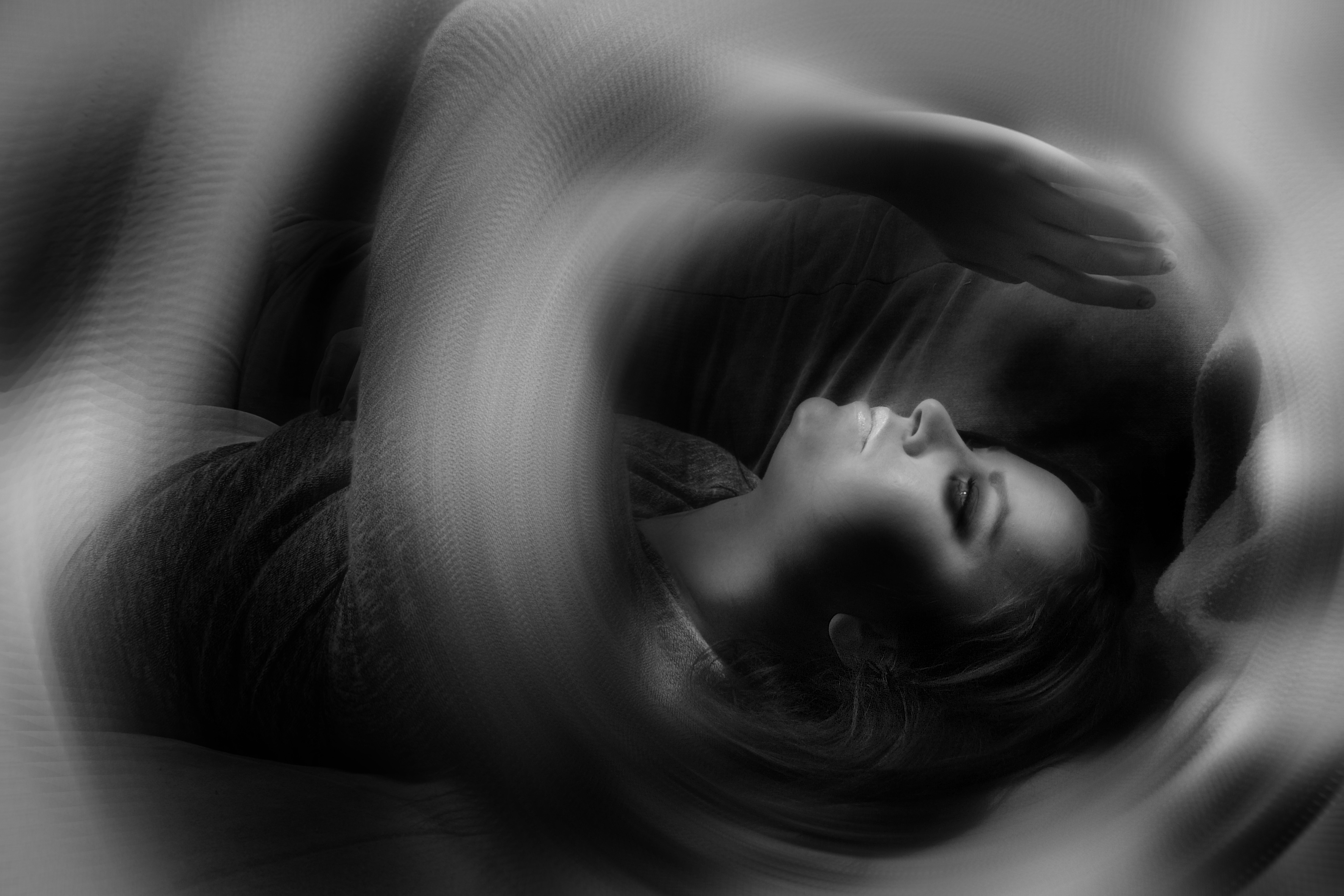Describing the Dangers of an MDMA Overdose

(This content is being used for illustrative purposes only; any person depicted in the content is a model)
On the streets it has many names, such as Molly or ecstasy. It comes in different forms, such as pills or powder. However it comes and whatever you call it, MDMA is an extremely dangerous and illegal drug that acts as both a stimulant and psychedelic. While the drug has gained in popularity over the years, it is still very damaging and even deadly despite the euphoric experience people use it for.
MDMA causes feelings of increased energy, as well as distortions in the user’s sense of time and overall perception. It can seem to enhance enjoyment of tactile and other sensory experiences, such as smells and sounds. The allure of the drug is the description of feelings such as:
- Mental stimulation
- Emotional warmth
- Increased empathy towards others
- General sense of well-being
- Decrease in anxiety
It is too often forgotten that people using MDMA in any form are taking an added risk because all drugs can and often are adulterated (“cut”) with other drugs and substances. This, of course, increases the risk for complications and even overdose and death. Mysterious combinations or powerful chemicals can have catastrophic and even fatal results. So here we answer the question- what does a MDMA overdose look like?
MDMA Overdose: Potential Adverse Health Effects
Using MDMA puts someone in danger of numerous adverse health effects. Some may be mild and uncomfortable, but others can be indications of very serious damage to the body. Some side-effects of MDMA use include:
- Nausea
- Chills
- Sweating
- Muscle cramping
- Blurred vision
- Dehydration
- High Blood Pressure
- Heart failure
- Kidney failure
- Arrhythmia – irregular heartbeat
MDMA Overdose: Warning Signs
Being such a powerful stimulant, MDMA is especially hazardous in combination with alcohol and other drugs. There are some specific conditions that can result from using MDMA which we will cover, but first there are a few warning signs that someone may be experiencing an MDMA overdose include:
- High Blood Pressure
- Feeling faint, lightheaded, dizzy
- Panic attacks
- Loss of consciousness
- Seizures
MDMA Overdose: Hyperthermia
MDMA is a stimulant that has a popularity for its use in the rave/dance scene. The combination of MDMA with vigorous physical activity for extended periods can increase the risk of hyperthermia. Hyperthermia with an MDMA overdose is one of the most significant and acute adverse effects.
With hyperthermia there is an extreme and noticeable increase in body temperature. Hyperthermia is dangerous because it can rapidly lead to muscle breakdown and kidney failure. Furthermore, MDMA users can experience:
- Dehydration
- Hypertension
- Heart failure
Because MDMA can also reduce the pumping efficiency of the heart treatment of hyperthermia requires rapid medical attention. The hearts inability to function properly can further exaggerate complications.
MDMA Overdose: Water Intoxication
Dehydration adds a whole new level of concern when it comes to MDMA, because while being hydrated it important, it’s also actually possible to die from drinking too much water. Water intoxication is a potentially fatal disruption in brain functions that results when there is an imbalance of electrolytes in the body. Water intoxication is also known as water poisoning or dilutional hyponatremia.
Electrolytes are minerals in your blood and other body fluids that carry an electric charge. These charges are essential in impacting things such as:
- The amount of water in your body
- The acidity of your blood (pH)
- Your muscle function, and other important processes
You lose electrolytes when you sweat and that’s why it’s so important to stay hydrated. But what many people overlook is that you have to drink fluids that contain electrolytes. Water alone will not replenish the body because it doesn’t contain any electrolytes, so you are essentially drowning yourself from the inside.
When someone drinks too much water it washes away the necessary electrolytes. So when someone is overheating or dehydrated by MDMA, they tend to try to compensate with water. But without electrolytes, someone can damage the brain by over-hydration.
People who use drugs such as MDMA tend to overexert themselves through being overstimulated. With a MDMA overdose this is especially true. MDMA can also cause the user to urinate less (despite the increased intake in water). This means that there is even more water being retained by the body of the MDMA user. This increases the chances of water intoxication. Water intoxication can and has led to fatal incidents among MDMA users.
MDMA Detox: Withdrawal Symptoms
When trying to get off of MDMA for good it is also important to note the risks involved in the detoxification process. For most powerful narcotics it is suggested that a medical detox be given in order to most safely eliminate use. This is especially true after long-term use.
The symptoms of MDMA withdrawal can last up to 1 week or longer after MDMA use. Some symptoms may occur immediately after use, and vary in severity depending on rate of consumption. MDMA users report feeling anxious, restless, irritable, and sad; in some individuals these symptoms can be as severe as true clinical depression.
- Anxiety
- Restlessness
- Irritability
- Depression
- Impulsiveness
- Aggression
- Sleep Disturbances
- Lack of appetite
- Thirst
- Reduced libido and pleasure from sex
- Significant reductions in mental abilities
While many do not understand the reality of what risks they run with abusing MDMA, there are very real consequences, including MDMA overdose and death. But safe and effective treatment is possible to help those struggling escape the grips of habitual MDMA use. Holistic treatment options give new opportunities for life in recovery. If you or someone you love is struggling, please call toll-free 1-800-777-9588.
Author: Justin Mckibben
